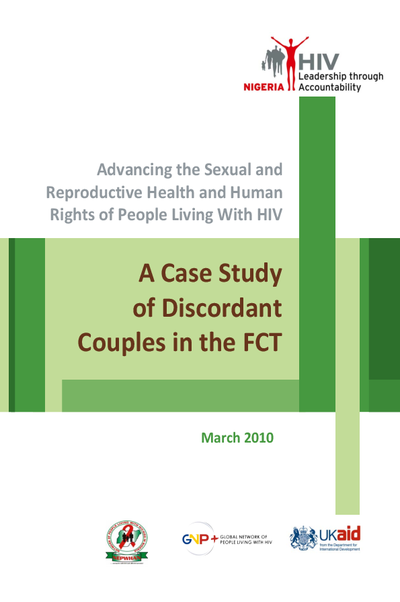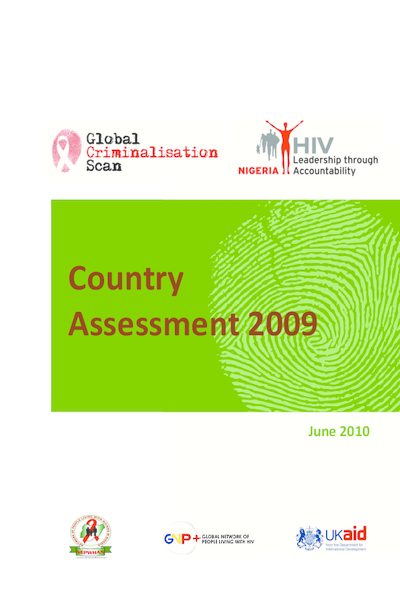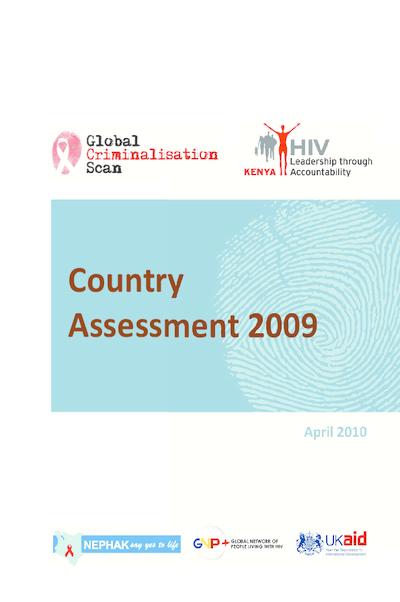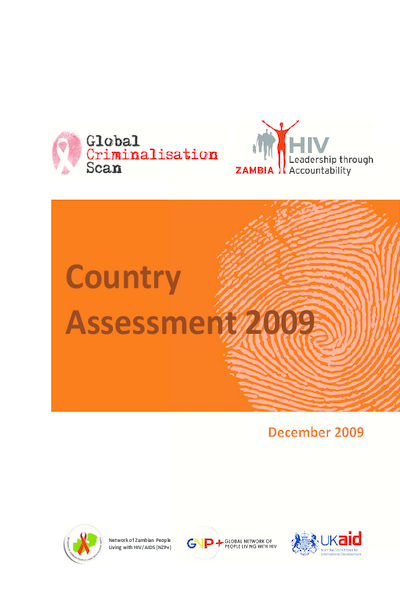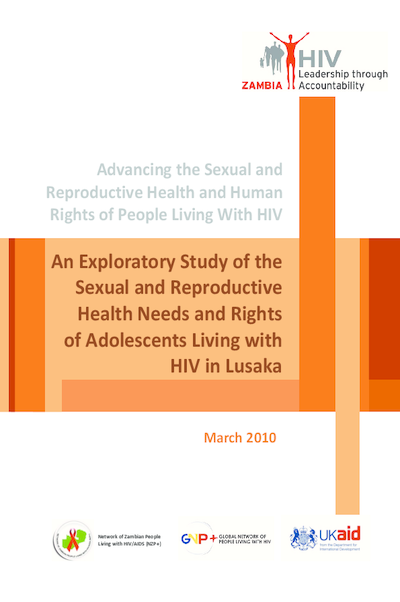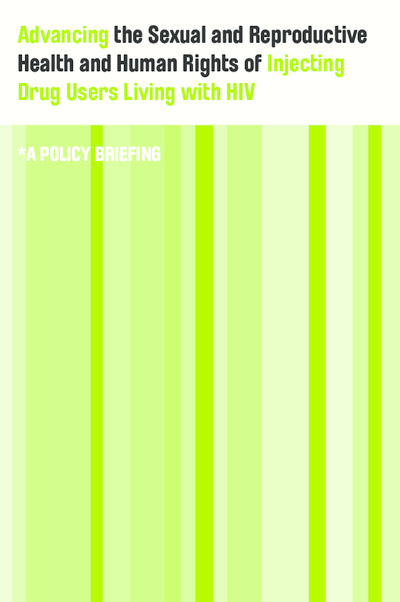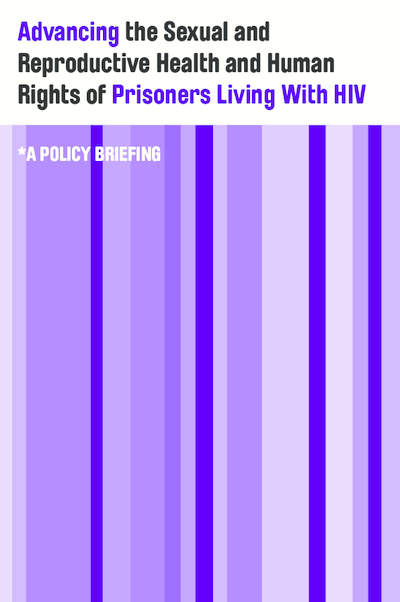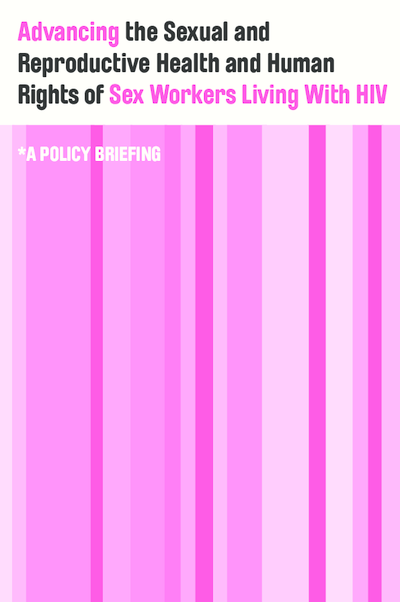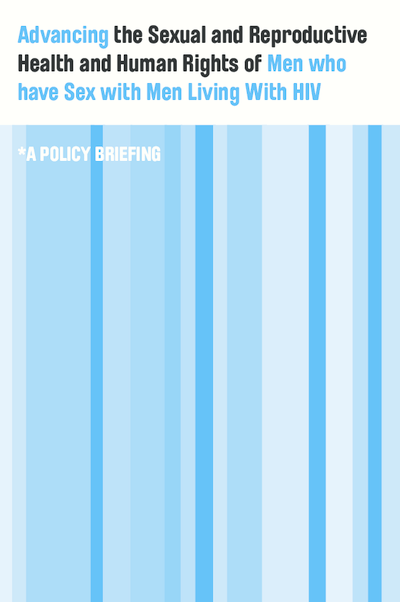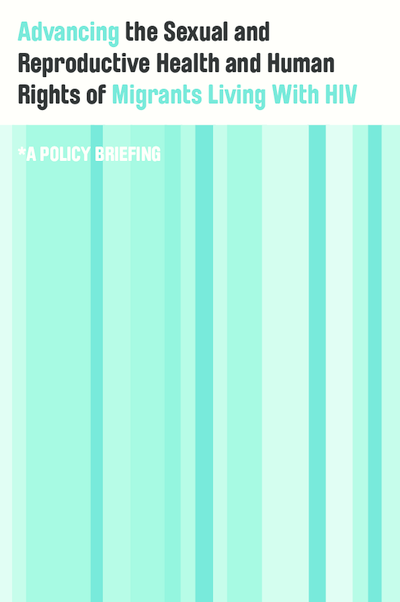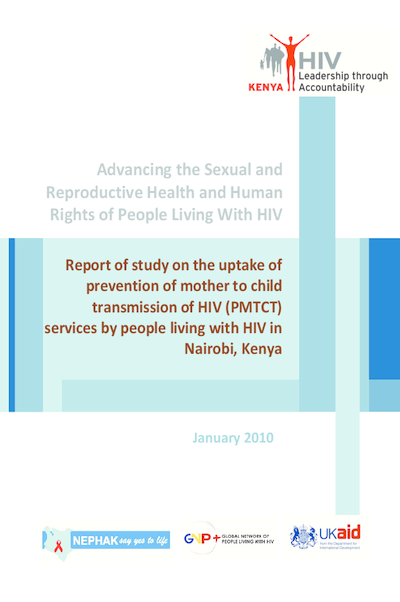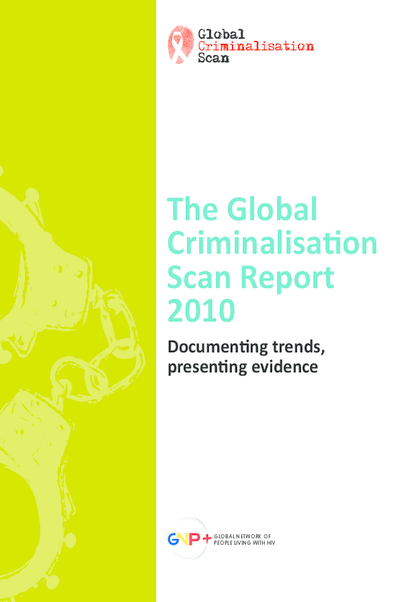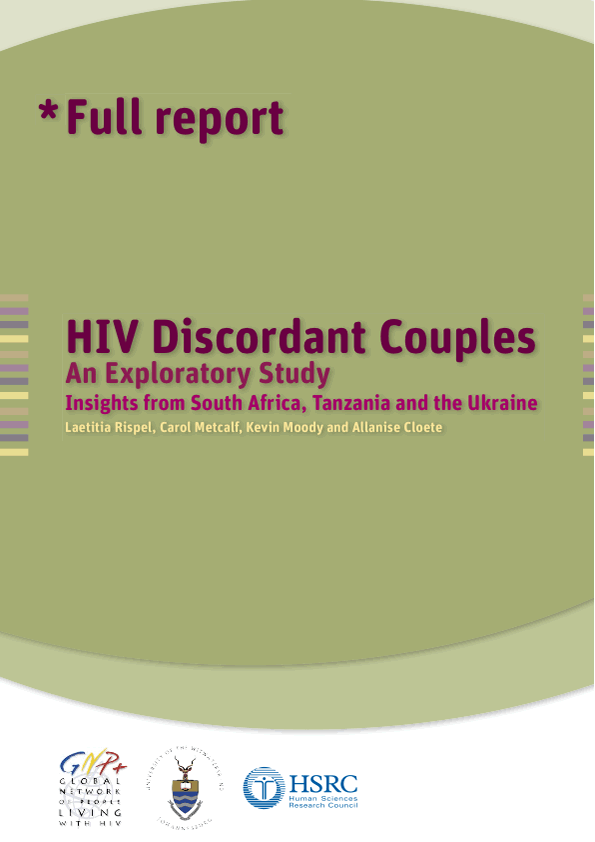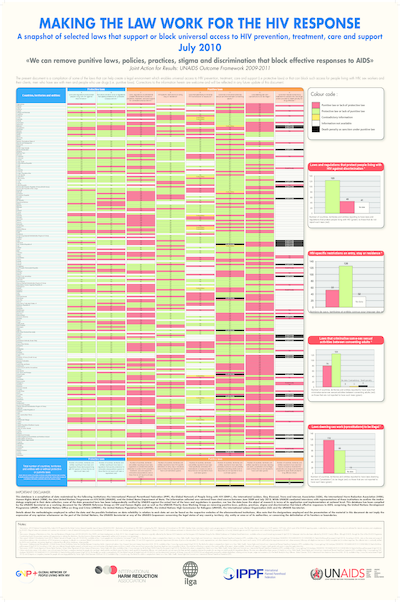With improved access to treatment for people living with HIV, many are now able to live longer. As a result, there is growing interest in overall quality of life issues, including the sexual and reproductive health of people living with HIV. During the Leadership Through Accountability programme, GNP+ and it’s national partner networks have conducted in-country research using the Guidance Package: Advancing the Sexual and Reproductive Health and Rights of People Living with HIV.
The studies conducted each focus on specific populations within the different countries. In Nigeria the study provided an overview of access to sexual and reproductive health information and services by sero-discordant couples. Their access to SRH counseling and support services were examined, as was the capacity and preparedness of the Nigerian health facilities and service providers to manage the SRH issues and needs of sero-discordant couples.




